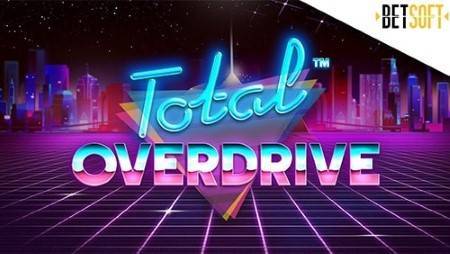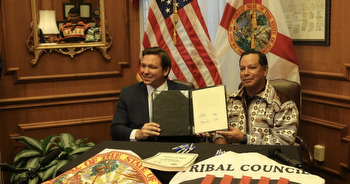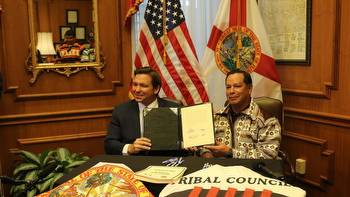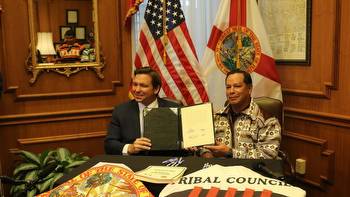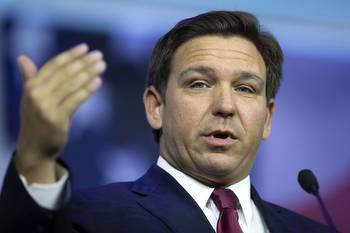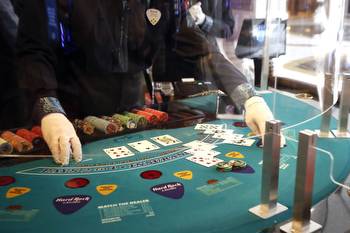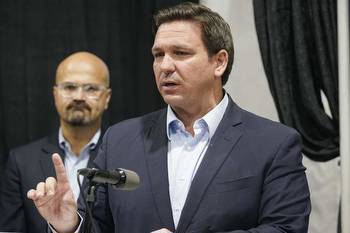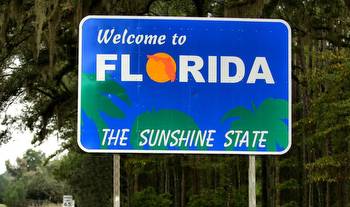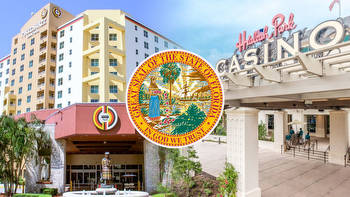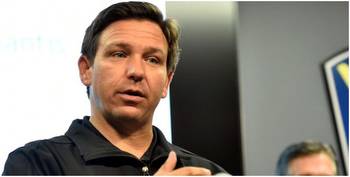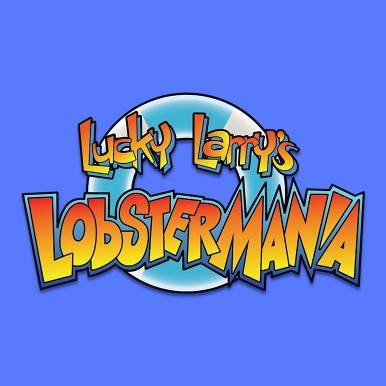The Controversial Seminole Tribe's Gambling Deal

Months ago, Florida legislators approved a congressional package that dramatically expanded gambling in the state. The agreement will generate Florida $6 billion through 2030 and $2.5 billion over the next 5 years. The deal was met with a plethora of criticism and support. But as of recently, the news was forgotten by most until last week. On July 8th, journalists learned about new negotiations between the state of Florida and the Seminole Tribe. The next day the President of the Florida Senate, Wilton Simpson, announced a new 30-year gaming compact memorandum to the 74-page contract.
The Biggest Takeaway
Before this new deal, betting on professional sports in Florida was illegal. But as of Friday, it will be legal to bet on professional sports in casinos if the Compact is ratified. Another major takeaway is the addition of a provision barring the Seminole Tribe from interfering with gambling licenses to businesses outside of the tribe. As of now, every casino in Florida is owned by a Native American tribe. The affidavit allows the state to issue a gambling license to any non-Seminole facility more than 15 miles “in a straight line” from the tribe’s Hard Rock Hotel & Casino Hollywood. Florida may soon see a dramatic increase in casinos.
The Seminole Tribe’s New Deal
According to Florida Governor Ron DeSantis, the Seminole Tribe’s new deal hopes to expand economic opportunity, tourism, and recreation in Florida. The memorandum is an attempt by the Florida legislature to modernize Florida’s gaming industry and address a decade worth of problems.
Some of the highlights of the new Compact with the Seminole Tribe include:
- A new 30-year term
- Craps and Roulette
- Additional facilities on the Tribe’s Hollywood reservation
- Enhanced revenue sharing brackets
- Statewide online sports betting in partnership with the pari-mutuels
The Seminole Tribe’s new deal grants them the exclusive right to offer craps and roulette tables in their casinos for the price of $500 million a year. It also allows the tribes to build additional facilities on their reservation. Both Republican Governor Ron DeSantis and Marcellus W. Osceola Jr., Chairman of the Seminole Tribal Council, believe the deal will benefit all Floridians and Seminoles alike. Though the new gambling agreement will bring new revenue, is it reasonable to make gambling so easily accessible?
Gambling disorders are a severe problem in the United States. According to research, the addiction affects 1 to 3% of adults. A person addicted to gambling has compulsive or pathological urges to bet. They are unable to resist their impulses. Like any other addiction, over time, it destroys their finances, relationships, and life. For the past few decades, the right to gamble has only been legal in a few states, national lotteries, and specific venues. The lack of availability has helped keep the disorder at bay. But with the passing of this new legislation, access is increasing dramatically.
Loopholes, Gambling, And Speculated Corruption
Besides creating more casinos, Miami Beach Mayor Dan Gelber points out that the new Seminole Tribe deal is taking advantage of a loophole in federal law. He believes the agreement is, “hijacked by non-tribal casino interests.” Mayor Dan Gelber argues that the legislation can potentially open up betting anywhere in the state. “Thus, not only is the Florida Compact actually promoting massive expansions of wagering off of tribal lands, but it also leaves any regulation or oversight for those wagering on non-Indian land to tribal oversight,” said Gelber.
Critics like Mayor Gelber believe the new deal violates the Indian Gaming Regulatory Act, the Wire Act, and the Unlawful Internet Gambling Enforcement Act. Even Florida State Representative Michael Grieco is quoted saying, “That line, I don’t know where it came from, but I know why it’s there,” when talking about the memorandum. “It removes one of the major hurdles that someone would need to jump in order to make a gaming license in Florida portable, and specifically for 2 or 3 people, including the owner of the Fontainebleau and our 45th president.”
Still, Governor DeSantis hopes the agreement will inspire others to follow suit. Whether or not legislation created the 74-page contract with both Floridians and the Seminole people’s best interest at heart is to be seen. In the meantime, like Mayor Gelber states, “Floridians are watching as a tribal gambling compact is becoming a vehicle by which widespread casino gambling will be spread throughout our state.” In the future other states besides Florida may have to deal with gambling becoming widespread and the likely increase of its abuse among its people.







